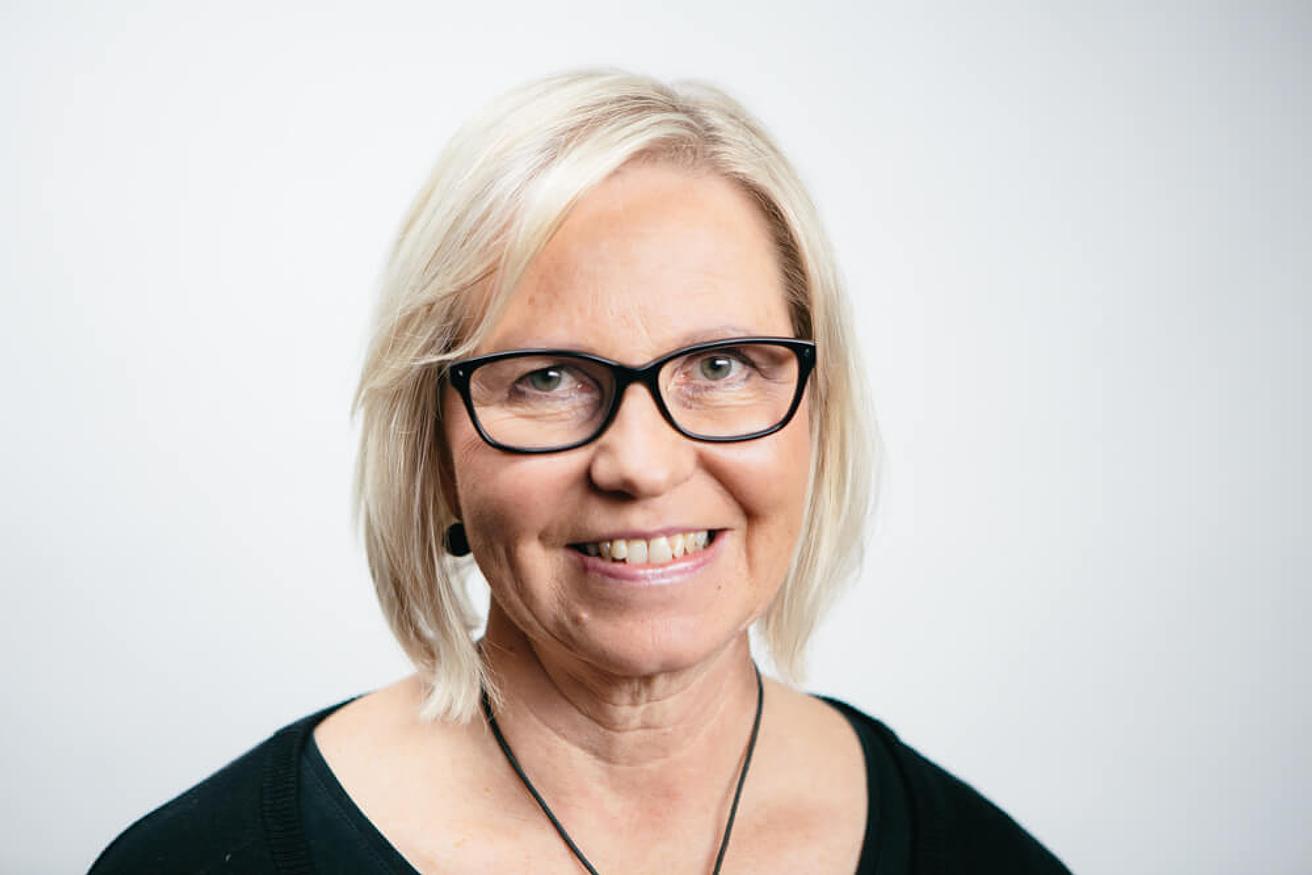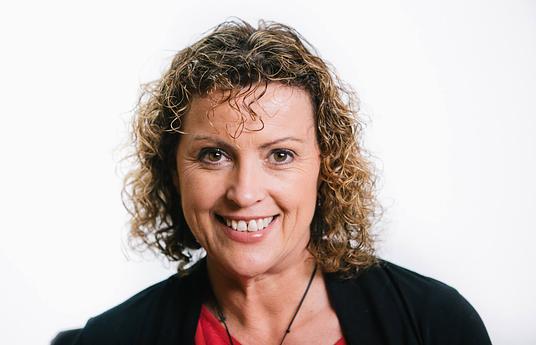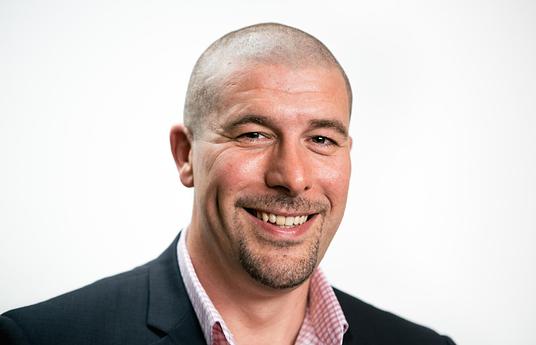Anneli Rautiainen
Anneli Rautiainen is the Counsellor of Education at the Finnish National Board of Education. She is also the Head of Department for Basic Education and Early Childhood Education. Her duties include renewing the national core curriculum for pre-primary and basic education, and the development of early childhood, pre-primary and basic education. She is also in charge of implementing the employee training & development program at the Department of Education.
Anneli has performed and contributed to several national and international education forums. She has extensive experience of the education sector having formerly worked as a teacher and principal before transferring to the National Board of Education.
1. Skills
Are schools teaching the skills students need?
It is very important that students are equipped with 21st century skills. We cannot anticipate what kind of occupations they will go into, and in many cases they may even employ themselves.
It is important to learn skills like cooperation, civics and communication in school, and it is good to ask whether we are actually teaching these skills or not. The meaning of motivation is also important – how do we organize learning so that we ensure our students have a passion and excitement for learning without handing it straight out to them?
How do you see digitalization in education?
In my opinion digitalization should be implemented in everything. I don't think that we can continue to make progress without embracing digitalization as a part of learning or teaching. We are now at a stage where we are searching for and trying out different pedagogical methods that will enable us to make it a natural part of the teaching and learning process.
2. Teachers
What are the key challenges for teachers?
At the moment we want our amazing and talented teachers to challenge their own expertise, we want them to examine the roles of teachers and students. Traditionally we have implemented teacher-led learning, but now we are hoping to adjust our focus to a more student-centered model.
The teacher’s role is to help activate and enable learning, however the ownership of learning should still be in the hands of the students themselves. The question is, how do we carry this out in schools? I think the answer lies in collaborative teaching, so that we don’t just have one group of students and one teacher, especially as learning nowadays can happen anywhere. We must stop feeding on the idea that learning only happens in classrooms.
3. Assessment
What are your views on PISA?
PISA is one way of evaluating education around the world. In my opinion, what is more essential is how you act after you hear the results. We have had the pleasure of enjoying the positive acknowledgements that Finland has received due to our PISA success, but we still have our worries.
We have to worry about the growing inequality in our schools and neighborhoods. Often children and adolescents do not enjoy going to school even though their learning outcomes might be desirable. We should take this seriously and we should examine how we can increase student motivation so that they can take joy in their own learning.
How should pupil evaluation and assessment change?
The goal of assessment and evaluation should be to be supportive, continuous and directional. I believe students should be a part of the assessment process, starting with setting goals together with their teachers. This way students have a clear view of what they are expected to do, they can pursue the goals they have set and they know what they are being evaluated on.
I believe that when you are supported and valued, everything works out better. Every child deserves to be treated with appreciation as well as supported in what they are good at, but they also need to have awareness of what their areas for improvement are.
4. Environments
How can traditional classrooms become inspiring learning environments?
By a traditional classroom setting you probably mean desks in rows and a teacher teaching in the front of the classroom. In my opinion that time has already passed.
Learning environments should support learning, which happens everywhere, so children should have the possibility of choosing where they learn the best. One child might learn best in the school playground alone, while someone else might learn better working with a friend in the classroom.
Learning environments should activate all kinds of learners and motivate children so that they want to learn. You should be able to adjust the learning space depending on the day and the subject you are learning about. I think online environments are also valuable learning environments.
5. Leadership
What is the purpose of school?
The purpose of school is to ensure that every child has the possibility of having a great future. This is achieved when each child reaches his/her full potential in learning and well-being so that they can flourish and grow into the kind of adults that they want to become.
What are the biggest challenges in our education system?
At the moment there is a lot of discussion about how change should be implemented in our education system. I think change should happen on all system levels: the government, the municipalities, the schools, the classrooms, in learning… We have a lot of challenges but I also believe we have a lot of exciting things ahead of us.
The goal of our education system is for it to be equal for everyone and this is fulfilled to some extent, but we do face a few challenges. One of the advantages in our system is that everyone has the possibility of succeeding and moving forward in their life, however I am a bit concerned that some high school students have to wait a long time before they can continue on to post-graduate studies. This is something we should pay more attention to.
6. Personal memory
What was you favourite moment from your own education?
There are quite a few lovely memories. I believe many teachers have had an impact on my life, especially on my career choice, because I also became a teacher myself. My fondest memories are of my former elementary school teacher Kalle Halonen, who always wore a suit and tie to school except during PE. During PE he took off his coat and hung it on the corner of a framed wall map – that was how you knew PE class was about to start.
During those PE lessons we basically did only three things: rope climbing, bouldering and different sorts of jumping activities. If you excelled in class you were allowed to go on the stage and show off your skills to your classmates. All in all, he was a wonderful teacher.
7. The next 100 years
The next 100 years of Finnish education should... support the physical and mental well-being of students, and should ensure that every student can discover the joys of learning.


